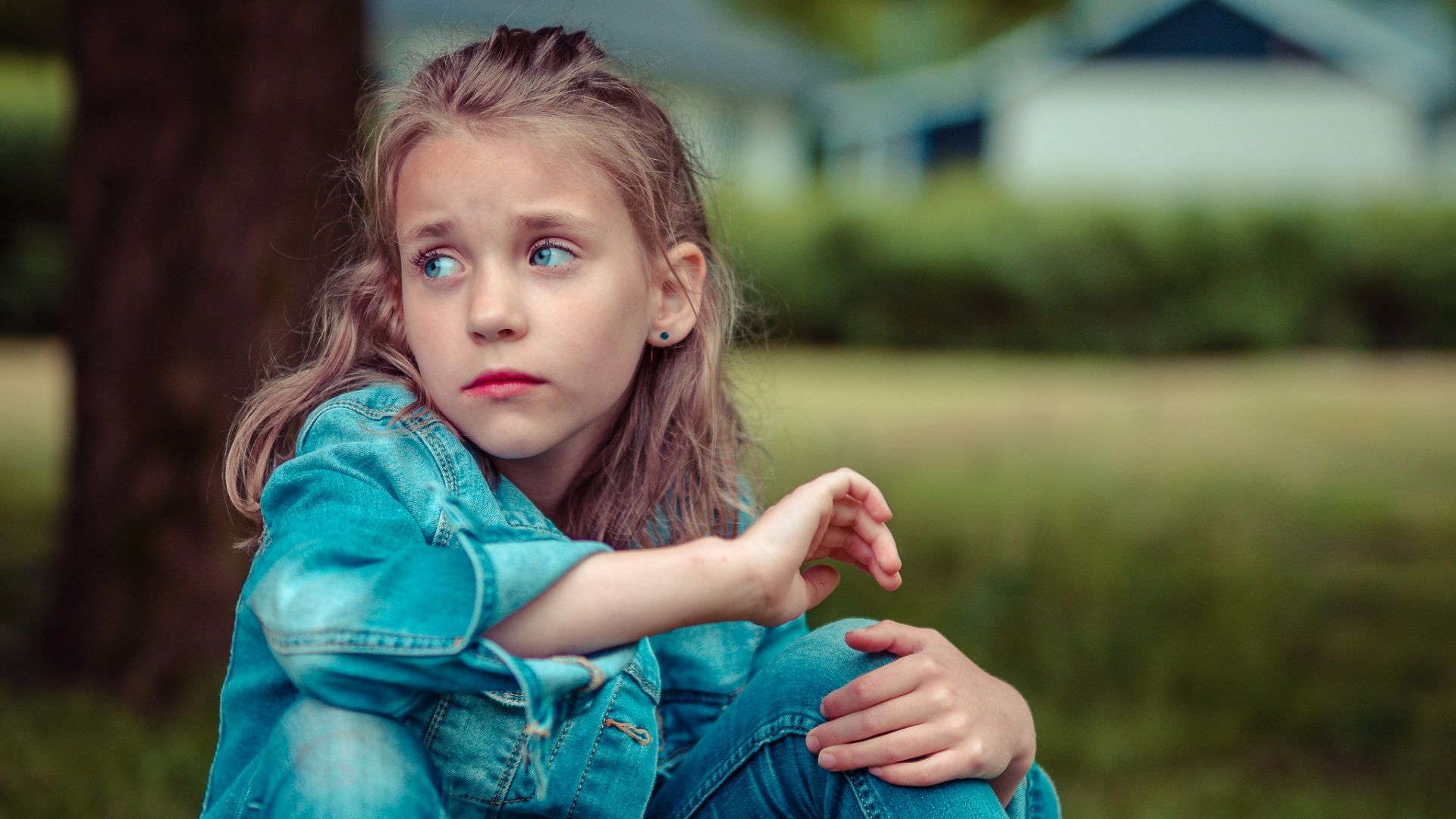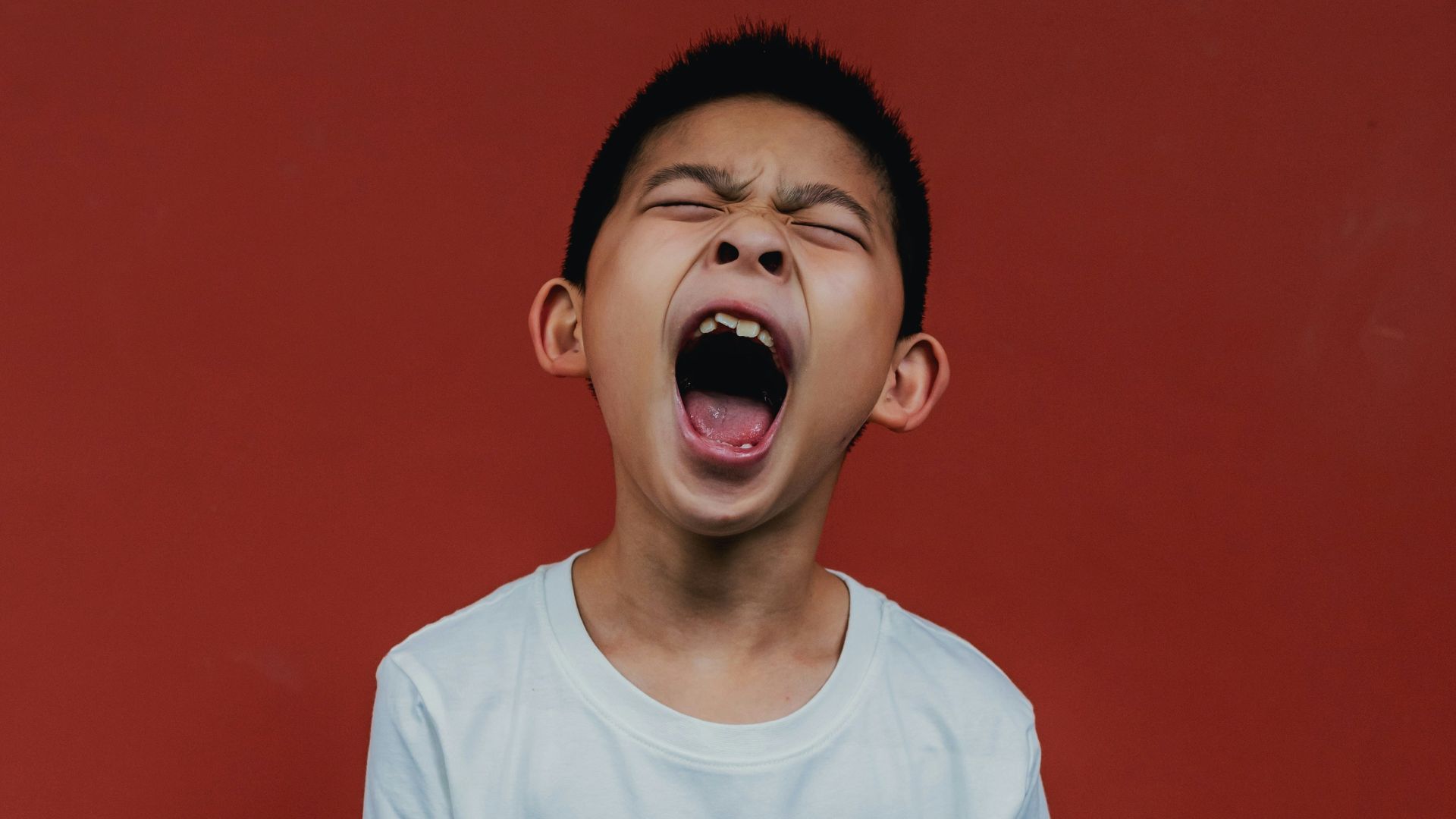Resilience is not some innate personality trait but a habit that gets cultivated bit by bit through everyday experiences. Think of it like a muscle that gets stronger with practice. Research involving thousands of students shows that higher levels of resilience are related to fewer mental health problems, which means the quality of our upbringing has long-term consequences. We’re not talking about grand gestures or expensive programs here. Small, consistent daily habits shape how kids bounce back from disappointment, handle frustration, and approach challenges. Let's get into what actually works.
Keep Daily Routines Predictable
These days, chaos just feels like the norm for most families. Meals are squeezed in on the go, bedtime shifts with the parent’s schedule, and there’s little structure guiding the basic routines of daily life. What’s interesting is that routines are associated with positive developmental outcomes in children, covering cognitive, self-regulation, social–emotional, academic skills, and overall mental and physical health.
When children know what to expect day to day, their brains aren't constantly on high alert trying to figure out what comes next. Children who grow up with predictable, daily routines are less likely to have time management or attention problems as adults, according to research from University at Albany. That's a pretty big payoff for something as simple as eating dinner around the same time or following a bedtime routine. And it's not about perfection—we're talking about general patterns, not military precision.
Let Them Struggle Through Problems
Every parental instinct screams at us to jump in and fix things when we see our kids frustrated. However, constantly rescuing them weakens the very resilience we're trying to build.
By building resilience, children are capable of working through challenges and coping with stress, and kids need to experience discomfort so that they can learn to work through it and develop their own problem-solving skills. Developing problem-solving skills is about discovering they're capable of finding those solutions themselves.
Start small. When they complain about a conflict with a friend, resist the urge to call the other parent or intervene immediately. Instead, ask questions like, "What do you think you could do?" Teaching problem-solving skills at an earlier age can greatly affect a child's personality, confidence, and trust in themselves.
Build in Physical Activity Every Single Day
Everyone knows exercise is good for kids, but most of us think about it purely in terms of physical health—strong bones, healthy weight, all that. What's less obvious is how crucial movement is for emotional resilience.
School-related physical activity interventions show a significant beneficial effect on resilience, with research demonstrating substantial improvements in well-being and anxiety reduction. We're not necessarily talking about soccer practice three times a week. Even breaking up physical activity into shorter spurts throughout the day is just as effective as doing it all at once, and active play—like hanging on the monkey bars—counts.
Practice Naming Emotions Out Loud
When kids can put words to what they're feeling, they gain some measure of control over those feelings. Without that vocabulary, emotions just crash over them like waves, and they're left drowning.
When children learn to regulate feelings and behaviors, they’re able to identify their feelings and have skills to manage those feelings so that they don't feel overwhelmed. Start at toddler age with the basics: happy, sad, mad, scared. As they grow, get more specific: frustrated, disappointed, anxious, proud. The more precisely they can label what's happening inside, the less scary those big feelings become.
Create Space for Unstructured Play
Paradoxically, in our quest to give kids every advantage, we've scheduled them to death. Piano lessons, tutoring, sports, STEM clubs are all good things but sometimes giving them free rein to simply indulge in imaginative play is more beneficial.
Play is an essential aspect of resilience-building as it provides opportunities for children to practice problem-solving, emotional regulation, and coping strategies in a safe and supportive setting. When kids play without adult direction, they're negotiating rules, managing conflicts, trying on different roles, and working through scenarios entirely on their own terms.
Through unstructured play, children explore their environment and navigate social interactions in ways that structured activities simply can't replicate. They're building resilience muscles by dealing with the natural frustrations, disappointments, and triumphs that come from playing with others.










